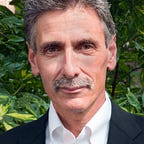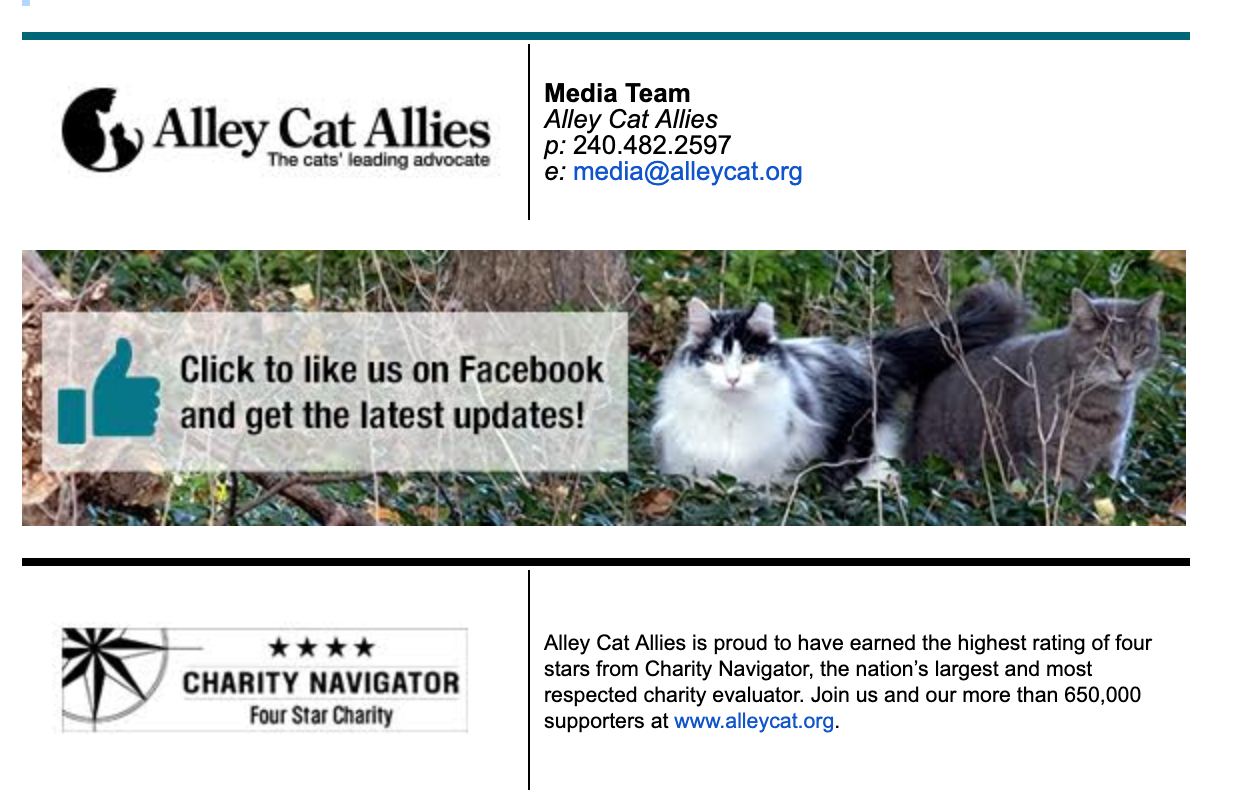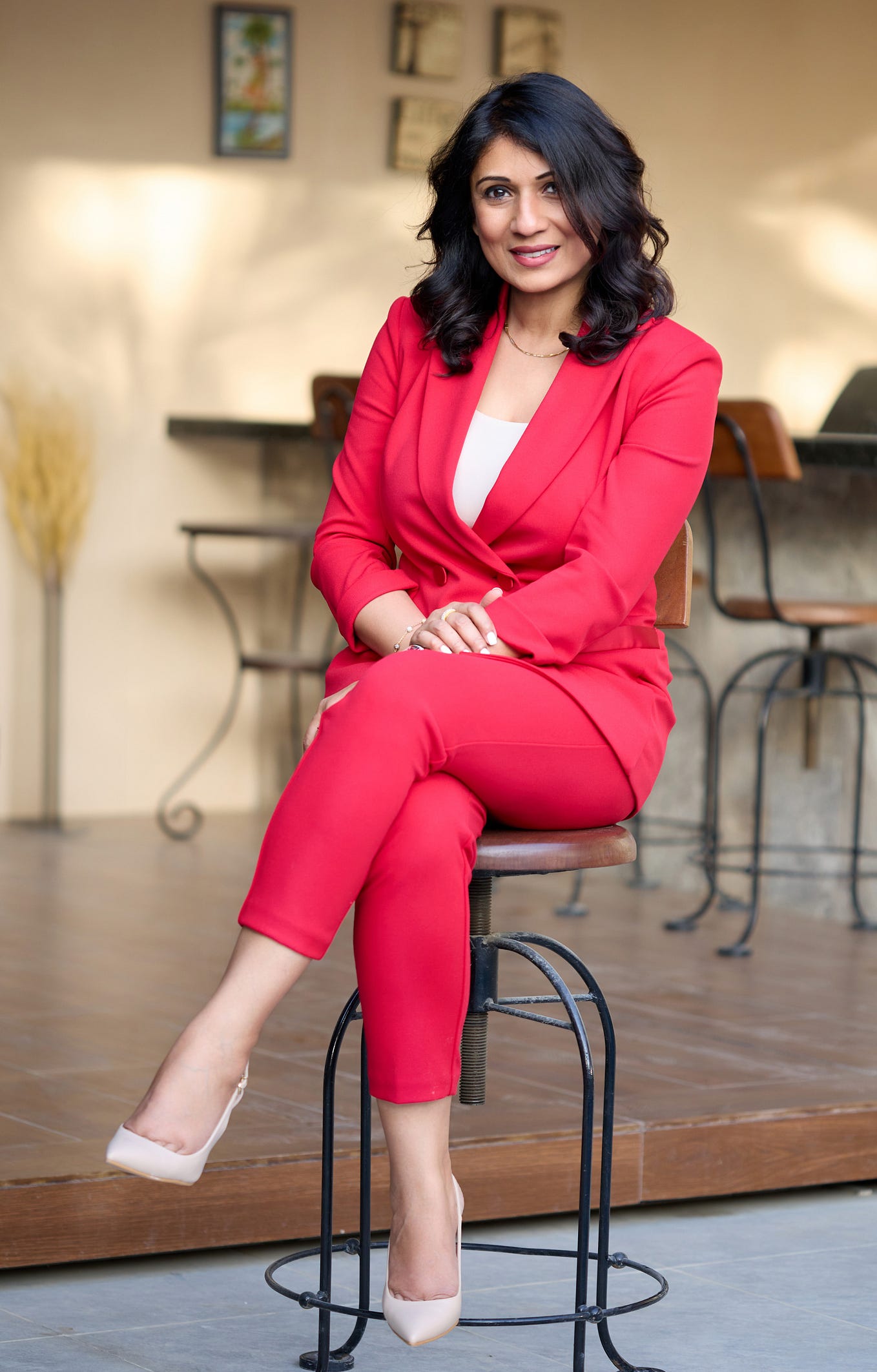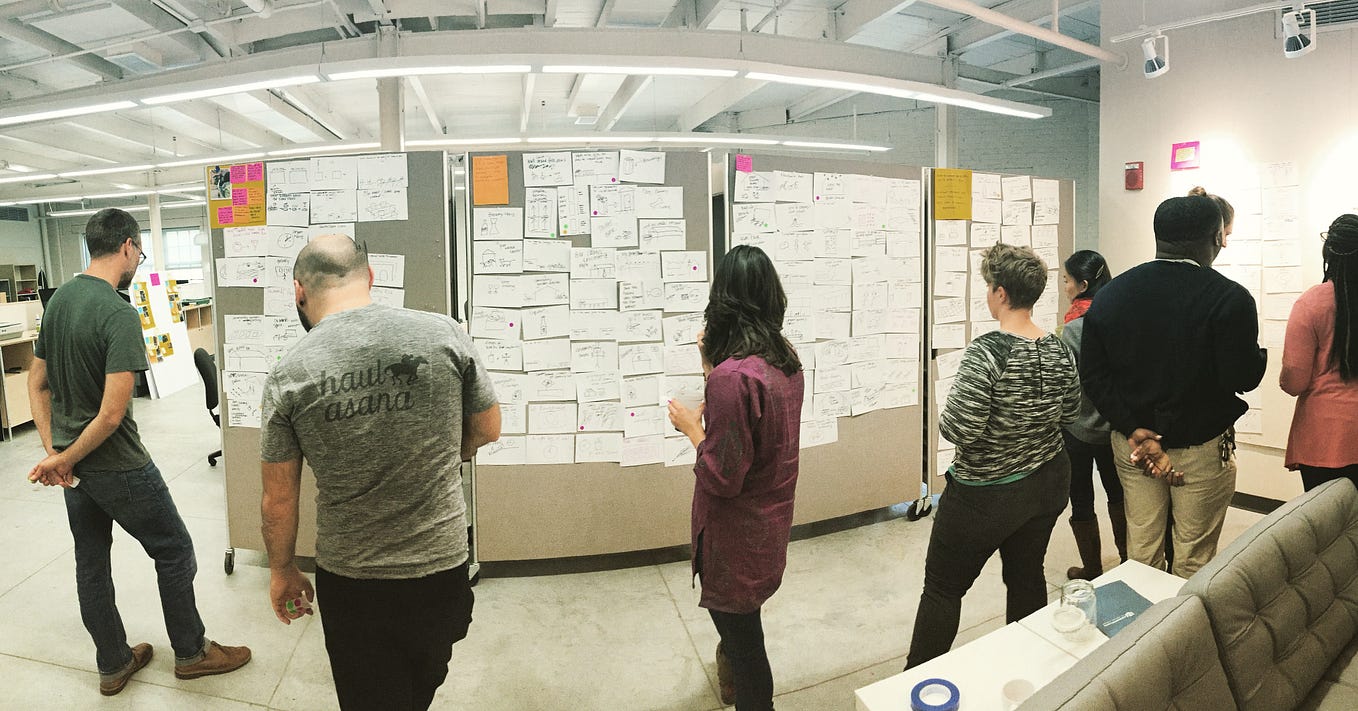The NoVo Foundation, Peter Buffett and the city that wants to fix capitalism
Every October, Kingston, N.Y., a city of 23,000 people in the Hudson Valley, attracts throngs of visitors to the O + Festival, a weekend celebration of art, music and wellness.
The O + Festival — it’s pronounced O Positive — is no ordinary civic gathering. It is, improbably, an alternative to America’s profit-driven health care system: The artists and musicians who participate can barter their work for medical or dental care. Help paint a mural, get a cavity filled.
In a story about Kingston headlined The US city preparing itself for the collapse of capitalism, The Guardian last fall called O + Festival an “anti-capitalist, anti-establishment healthcare network” and an “example of a model that could supplant corporate America.” The story explains:
Locals have launched a non-commercial radio station, Radio Kingston WKNY, with widely representative, hyper-local programming that broadcasts via power generators if the grid goes dark. A regional micro-currency called the Hudson Valley Current now exists to, according to co-founder David McCarthy, “create an ecosystem that includes everyone.”
Agricultural initiatives like Farm Hub work toward equitable, resilient food systems. A network of bike trails quietly connects local towns to local farms (for the day when there is no more gas for our cars). And organizations like RiseUp Kingston…facilitate civic engagement, combat displacement, and advocate for policies to address an increasingly dire housing shortage.
What the story neglects to say is that all these organizations — the O + festival, the radio station, the farm hub, the local currency project and Rise Up — share a powerful patron: The NoVo Foundation, led by Peter Buffet, the youngest son of legendary investor Warren Buffett, and Peter’s wife Jennifer. In 2010, Peter and Jennifer Buffett bought a 19th century farmhouse for $1.2 million in Kingston, a historic city perched on the west bank of the Hudson River, about 100 miles north of Manhattan.
“What started as a weekend getaway,” Buffett says, “became a core piece of what we’re doing at the foundation.”
A decade later, NoVo is everywhere in Kingston. You can join the the NoVo-funded food coop. Swim at the NoVo-funded YMCA. Shop for used clothes at a NoVo-funded thrift store. Holistic healthcare is supported by NoVo. So is an LGBTQ center, a nonprofit that trains low income people to work in media and a center for African-American art. There’s more, but you get the idea.
In 2018, NoVo committed more than $55m to organizations serving Kingston and Ulster County — about $2,400 for every man, woman and child in the city, although, to be fair, some grants serve nonprofits that are regional or even national in scope, like the Omega Institute, a retreat center in Rhinebeck, N.Y.
A “philosophical shift”
While stepping up its presence in Kingston, NoVo began a gradual retreat from the work for which it is best known: Its fierce advocacy for girls and women and support for left-leaning nonprofits like Black Lives Matter and the #SayHerName movement. In a sign of things to come, NoVo abandoned plans to transform a shuttered women’s prison on the west side of Manhattan into The Women’s Building, a center for feminist advocacy and services. NoVo sunk more than $25m into the Women’s Building but walked away last fall as costs escalated.
This month brought news of more changes at NoVo: Peter Buffett told grantees, by email, that the foundation was laying off half of its staff, dropping a signature program called Ending Violence Against Girls and Women, and spinning off another, called Advancing Adolescent Girls Rights, into an independent nonprofit. Leaders of social-justice philanthropy were dismayed. On Twitter, Alicia Sanchez Gill, director of the Emergent Fund, wrote: “Honestly, this is reprehensible, and it is survivors, women and girls and gender nonconforming youth of color who’ll pay the price.” Buffett was taken aback by the intensity of the reaction.
The changes at NoVo were partly driven by money. The foundation does not have an endowment; instead, it relies on annual gifts from Warren Buffett in the form of shares in Berkshire Hathaway, whose value has fallen by about 25 percent this year. NoVo is keeping its funding levels steady for now — actually, it plans to make grants of $270m this year, up from $248m in 2019 — but the Buffetts will surely be required to make hard choices in the years to come. Its level of grant-making is comparable to that of big funders like the Rockefeller Foundation and the Carnegie Corp.
Importantly, the changes also reflect a “philosophical shift” at NoVo that had been in the works for more than a year, Buffet told me for a story in The Chronicle of Philanthropy [paywalled]. NoVo, it appears, is moving away from its support for hard-hitting advocacy— the work that endeared it to the philanthropic left — and instead seeking ways to support alternatives to unfettered capitalism, most visibly in Kingston but elsewhere as well. In Jackson, Miss., for example, NoVo supports Cooperation Jackson, which is building “a solidarity economy…anchored by a network of cooperatives and worker-owned, democratically self-managed enterprises.”
“We have to go outside the system and create and imagine new ways of being in community and in relationship with each other,” Buffett told me. “To step out of the fight.”
The changes at NoVo rankled critics for several reasons. First, NoVo under Pamela Shifman, its former executive director, had a reputation for cutting-edge grant-making. By contrast, NoVo in Kingston funds food banks, the United Way and the YMCA. Second, NoVo has built good relationships with nonprofits, frequently providing unrestricted, long-term funding. Now, facing financial uncertainty, NoVo will henceforth make only one-year grants. Third, the timing of what was widely — albeit mistakenly — assumed to be an immediate cutback was unfortunate, coming as it did amidst a pandemic and economic crisis that has devastated marginalized communities. Finally, NoVo laid off a half dozen women of color, of whom there are few in philanthropy. Vanessa Daniel, the executive director of the Novo-backed Groundswell Fund, recently called women of color “the MVPs of social change” in a New York Times op-ed.
That said, Peter and Jennifer Buffett, like all foundation leaders, have not only the right to change direction but, arguably, an obligation to constantly question what they’re doing. (If they don’t challenge themselves, no one will. They are people who give away lots of money.) As it turns out, the demarcation between the old and new NoVo is more blurry than clear: The foundation put down roots in the Hudson Valley years ago, buying land for the farm hub for $13m back in 2013. And Buffett promises to fund feminism forever. “Girls and women will always be central to our work,” he told me.
The collapse of capitalism?
Going forward, though, the locus of NoVo’s work is likely to be building community in Kingston. (Four of the five people leading the foundation — Peter and Jennifer Buffett, Sangeeta Budhiraja and Gary Schwartz — work out of the NoVo’s Kingston office.) One NoVo-watcher in Kingston surveyed family foundations across America to see whether any had spent as much as Novo in a small city, and found only one comparable donor, The Walton Family Foundation, which in 2018 spent an estimated $62m in northwest Arkansas. Interestingly, Howard G. Buffett, Peter’s older brother, also has invested heavily in a small city, underwriting law enforcement and drug addiction treatment in Decatur, Illinois, where he owns a farm.
Unlikely much of the picturesque Hudson Valley, Kingston — where an IBM factory that once employed 7,000 people closed in 1994 — is distressed. Nearly one in five residents is poor, and the median household income of $45,000 is well below average for New York State. About four in 10 residents are black or Hispanic.
Novo’s Kingston work has been shaped, in part, by a book called Surviving the Future: Culture, Carnival and Capital in the Aftermath of the Market Economy. The authors, David Fleming and Shaun Chamberlin, argue that the global economy will soon crash, and that it’s time to build humane alternatives. This struck a chord with Buffett, who blurbed the book: “It brings me solace and helps me to understand the world and my place in it…This work is so central to what I believe is necessary.”
Unlike his billionaire father, Buffett is pessimistic about American capitalism. “We are in the midst of a collapse,” he says. He favors the small and local over the big and global, quoting Belgian designer Thomas Lommée, who says “the next big thing is a lot of small things.” NoVo funds think tanks like the Schumacher Center for a New Economics, named after the economist E. F. Schumacher, the author of the 1973 classic, Small Is Beautiful: Economics As If People Mattered.
“We’re trying to knit back together the community and the land that feeds us,” Buffett says. “If we can provide a non-prescriptive model, we can spread the word and likewise learn from other communities as well.”
Can local activists, funded by NoVo’s millions, turn Kingston into a shining city on a hill? By most accounts, civic society in Kingston was lively and diverse before the arrival of the Buffetts. The O + Festival, for instance, thrived for years before getting help from NoVo.
But NoVo has lately become a vital source of funding for some nonprofits, such as Radio Kingston, which has taken in more than $7m from the foundation. (Buffett, a composer and performer who has won an Oscar and an Emmy award for his music, sits on the station’s board.) Of the $570k spent by the The O + Festival in 2018, about $420k came as a grant from NoVo. NoVo supports the city and county governments, and social services like emergency food aid.
One Kingston activist — who, predictably, declined to be identified— says that’s risky: “If Peter Buffet reads a book about the ocean and goes, you know what, oceans are where it’s at, our community could collapse.”
An entirely different set of problems could arise if NoVo is too successful. Kingston could gentrify at the expense of the poor. The founder of the O + Festival worries that as real estate prices rise, artists who found the town affordable a decade ago may no longer be able to stay in Kingston. It’s no accident that Kingston today has two tenant organizations.
All of this reminds us that big-time philanthropy brings with it unavoidable tensions. Donors with many millions to give away — Peter Buffett, his brother and sister, or Bill Gates, who has been entrusted with the vast majority of Warren Buffett’s wealth , or the Waltons or anyone else— are powerful and accountable to no one but themselves. They are well-meaning, to be sure, and they promise to listen, but few people are willing to give them the unvarnished truth. All that the rest of us can do is remind them about the power they have, and hope that they will use it wisely.
— -
A correction: An earlier version of this story reported that one of the tenant organizations in Kingston was funded by Novo. I don’t have evidence of that, and I’ve been told by a tenant leader that no funding came from Novo. I apologize for the error.









